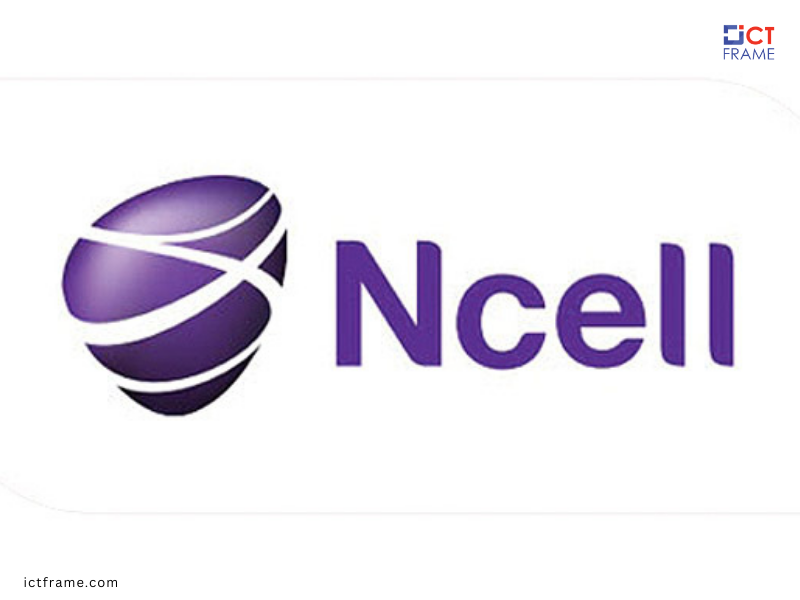Ncell Blocks Unregistered Social Media Platforms in Nepal Following Government Directive
Ncell Ban Social Media
4th August 2025, Kathmandu
In a significant development for the country’s digital landscape, Ncell Axiata Limited has officially announced the blocking of all unregistered social media platforms on its network.
Ncell Ban Social Media
The move, effective immediately, comes in direct compliance with a directive from the Nepal Telecommunications Authority (NTA) and a series of government decisions aimed at regulating the use of social media in Nepal.
This action is a crucial step in the government’s broader strategy to bring global tech giants under the national regulatory framework.
In a public notice released on Thursday, Ncell stated that it is acting on orders from the government of Nepal, which were initiated by the honorable Supreme Court and formalized through decisions by the Council of Ministers and the Ministry of Communication and Information Technology.
The notice specifically references the “Social Media Usage Regulation Directive 2080,” which provides the legal basis for the government to disable social media platforms that have not registered with the relevant authorities in Nepal.
The company’s notice reads, “Following the order of the honorable Supreme Court, the decision of the Government of Nepal’s Council of Ministers on 2080 Bhadra 9.
The decision of the ministerial-level meeting of the Ministry of Communication and Information Technology on 2080 Bhadra 12, and the Social Media Usage Regulation Directive 2080.
Ncell has been instructed to disable unregistered social media platforms in Nepal. Accordingly, these platforms will also be inaccessible via Ncell’s internet services.”
This directive affects numerous popular platforms that have yet to complete the official registration process as mandated by the government. While Ncell’s notice did not list specific platforms that are being blocked, a blanket ban applies to all services that have not complied with the directive.
This has led to widespread speculation and concern among internet users and businesses that heavily rely on these services for communication, marketing, and day-to-day operations.
However, Ncell has also provided a key clarification. The company’s notice reassures customers that registered social media platforms will continue to function without interruption.
Specifically, platforms like TikTok and Viber, which have previously completed the registration process with the Nepali government, will remain accessible through Ncell’s data services. This distinction is vital for millions of users who depend on these platforms for their personal and professional lives.
The government’s decision to enforce these regulations has been a long time coming. The “Social Media Usage Regulation Directive 2080” aims to hold social media companies accountable for content on their platforms and to ensure they have a formal presence in the country.
Including local contact points for grievance redressal and content monitoring. This move is seen as an effort to curb misinformation, hate speech, and other illegal online activities.
While some have supported the government’s initiative, citing the need for greater accountability from tech corporations, others have expressed concerns about potential implications for freedom of expression and the digital economy.
The ban could disrupt communication channels for families, freelancers, and small businesses that use these platforms to connect with customers and clients globally.
The absence of major platforms could also impact the burgeoning digital marketing and e-commerce sectors in Nepal.
Ncell’s decision to immediately implement the directive underscores the seriousness of the government’s mandate.
The company, one of the leading telecommunications providers in Nepal, expressed its “apologies for any inconvenience this may cause to customers” but emphasized its obligation to comply with the legal and regulatory framework of the country.
The situation remains fluid, and the ban is expected to affect millions of Nepali citizens. Users are now exploring alternatives, including registered platforms and other communication tools, to stay connected.
The coming days will likely see more developments as other internet service providers (ISPs) in the country follow suit and the full extent of the ban’s impact becomes clear.
For more: Ncell Ban Social Media







